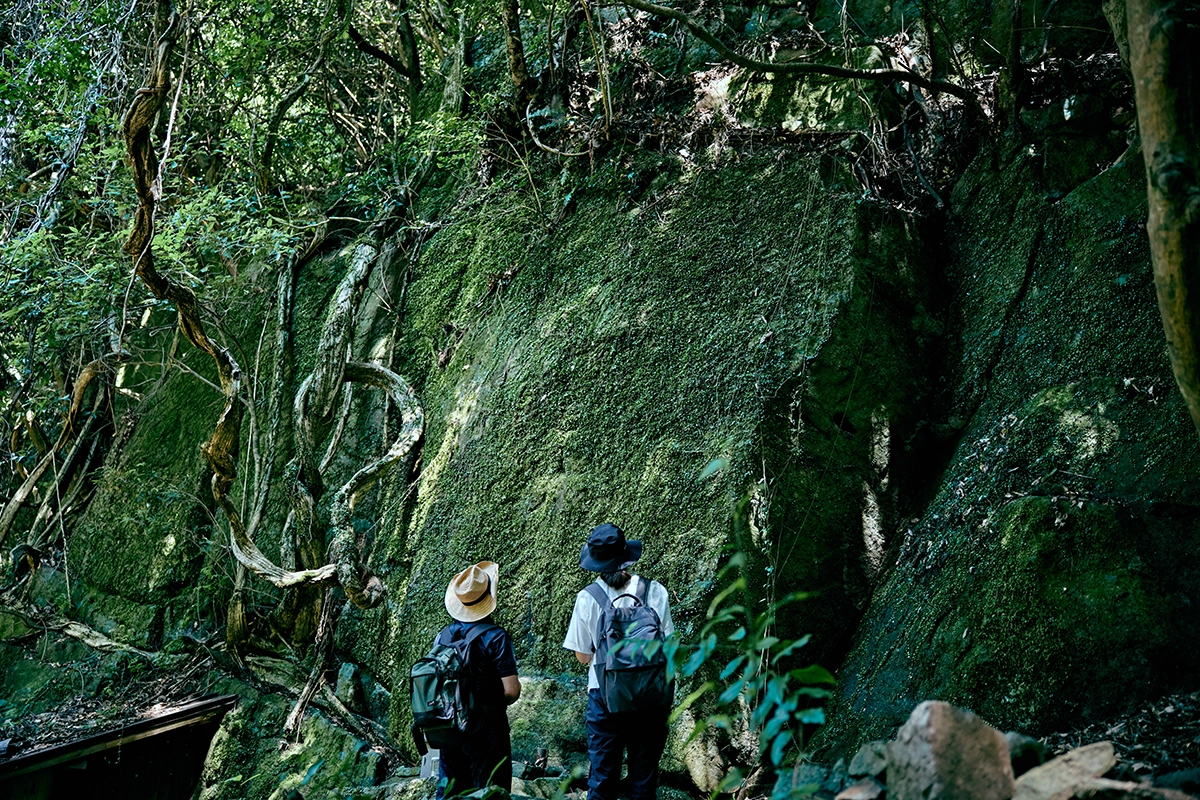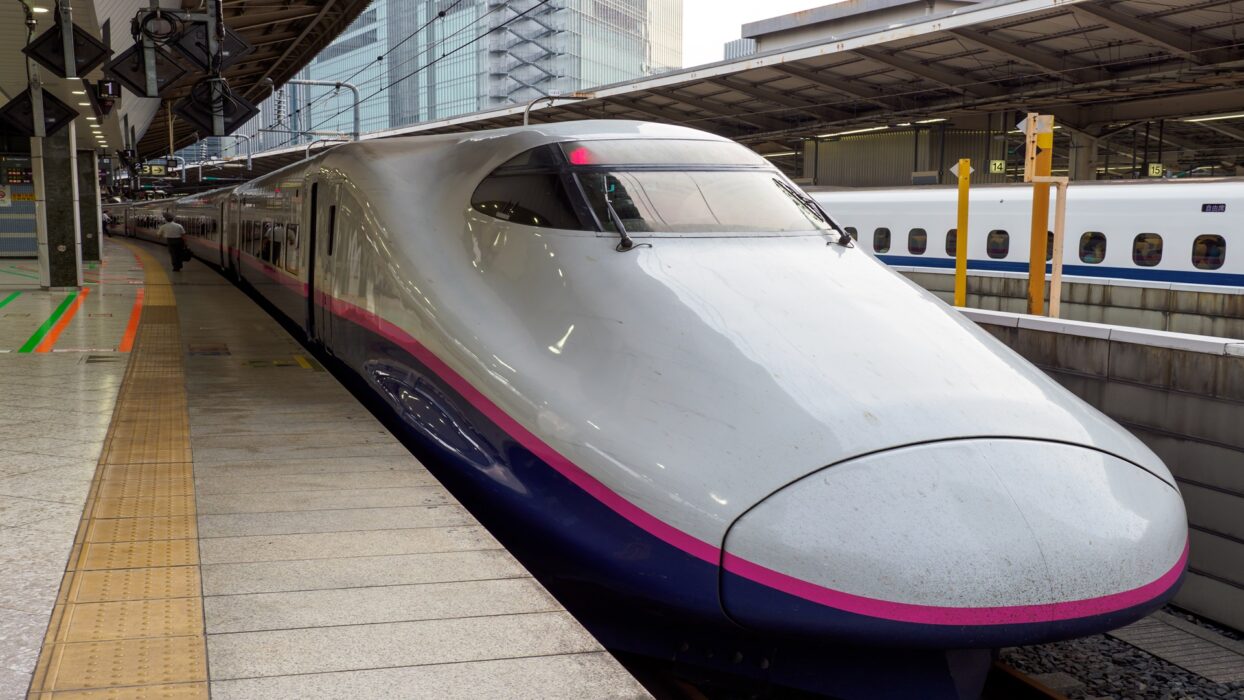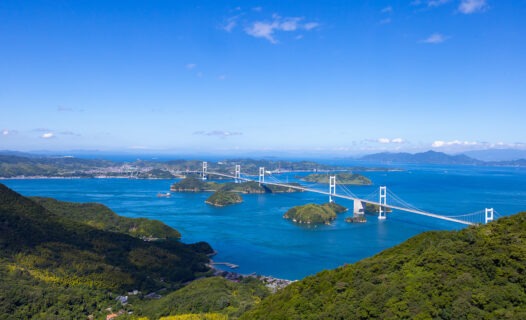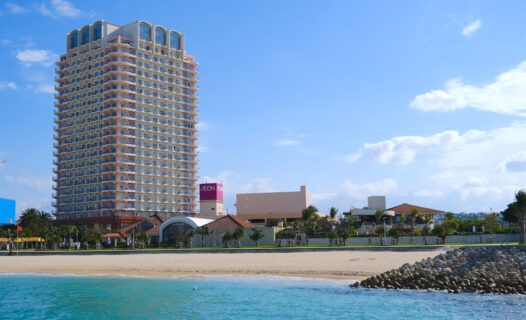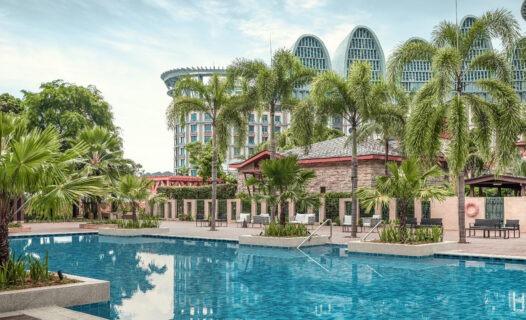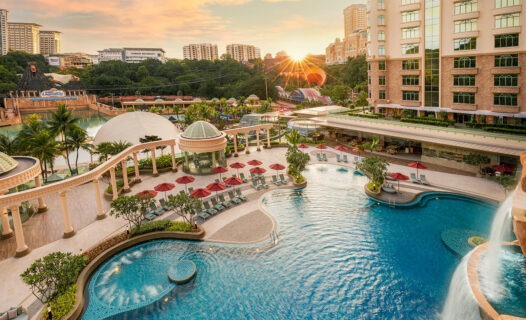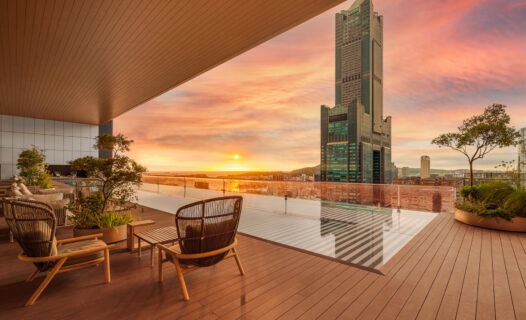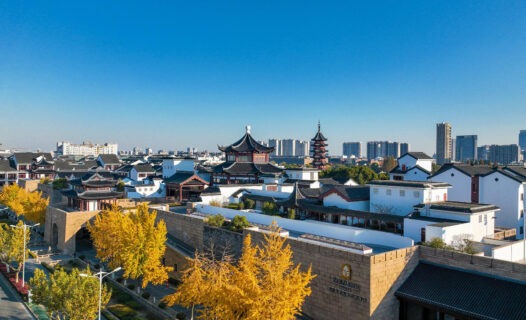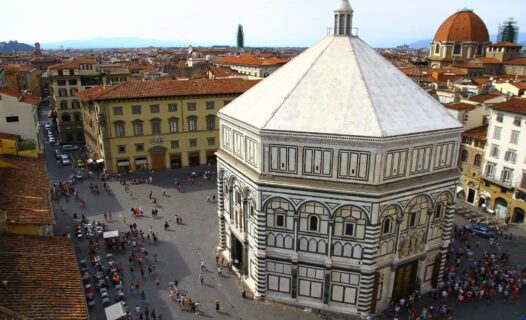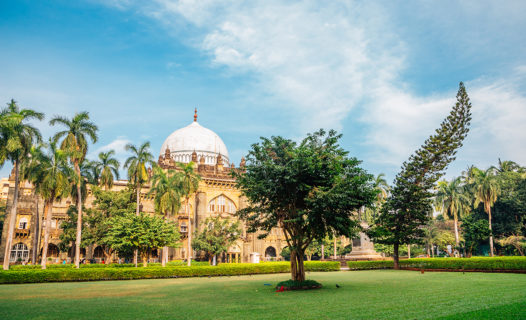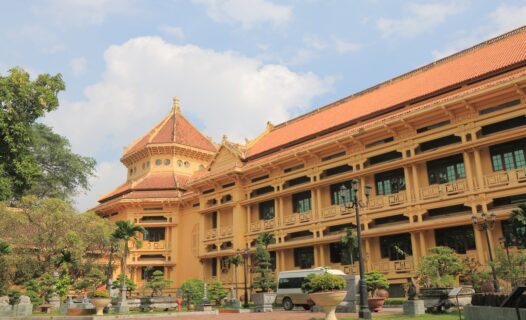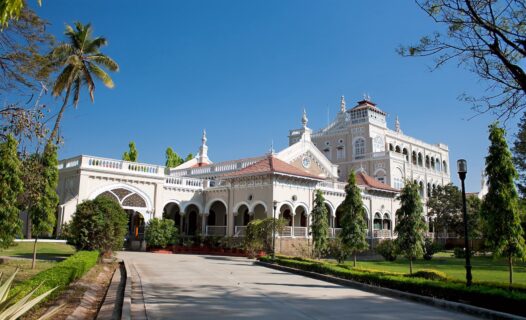Tokyo Imperial Palace: A Cultural Gem Awaits
Welcome to the heart of Japan’s capital, where history and modernity intertwine in a spectacular display of culture and tradition—the Tokyo Imperial Palace! This iconic landmark serves as the primary residence of the Emperor of Japan and is a symbol of the country’s rich heritage. With its stunning architecture, lush gardens, and historical significance, the Imperial Palace is a must-visit for anyone exploring Tokyo.
Planning a visit to this majestic site is essential to fully appreciate its beauty and history. Make sure to secure your Tokyo Imperial Palace tickets in advance, as guided tours are often the only way to access the inner grounds. Plus, there’s a treasure trove of activities and attractions nearby that will enhance your experience.
Scoring Your Tokyo Imperial Palace Tickets: Insider Tips
Ready to book your Tokyo Imperial Palace tickets? Here’s how to do it like a pro!
Online Reservations via the Imperial Household Agency
The easiest way to secure your tickets is through the Imperial Household Agency’s official website. Here, you can make reservations for guided tours, which are essential for accessing the inner grounds. Keep in mind that these tours are available in English and Japanese, so choose the one that suits you best!
Same-Day Ticket Registration Options
If you’re feeling spontaneous, you can also register for same-day tickets at the Imperial Palace East Garden entrance. However, these spots fill up quickly, so arrive early to snag your chance! Remember, guided tours are the key to unlocking the palace’s hidden treasures, so make sure to plan accordingly.
While you’re at it, don’t forget to check out the nearby attractions that add to the overall experience of your visit. From peaceful parks to vibrant cultural sites, there’s so much to explore!
Unveiling the Costs: Understanding the Imperial Palace Tokyo Entrance Fee
Now, let’s talk about the cost of visiting this historical haven. The entrance fee for the inner grounds varies, but accessing the East Gardens and outer areas is free! Yes, you heard that right! This means you can enjoy the stunning landscapes and serene atmosphere without spending a yen.
As for the guided tours, they generally come at a nominal fee, which is a small price to pay for the wealth of knowledge and insight provided by your tour guide. Trust us; it’s worth every penny!
Best Times to Visit Tokyo Imperial Palace: Avoiding the Crowds
Timing is everything! To make the most of your visit, aim for less crowded times. Weekdays are usually quieter than weekends, and early mornings or late afternoons are ideal for a more peaceful experience. If you’re a fan of nature, visiting during the cherry blossom season in spring or the vibrant autumn foliage will make your trip even more magical. Imagine strolling through gardens adorned with pink blossoms or fiery red leaves—pure bliss!
For those looking to capture stunning photographs, consider visiting during these seasons. You’ll find breathtaking Tokyo Imperial Palace photography spots that will leave your friends back home in awe!
Guided Tours: Exploring the Imperial Palace with a Local Expert
Why go solo when you can have a local guide show you around? Opting for a Tokyo Imperial Palace guided tour not only gives you access to areas that are off-limits to the general public but also enriches your visit with fascinating stories and historical anecdotes. Your tour guide will bring the palace’s history to life, making the experience unforgettable.
From the intricate details of the architecture to the tales of the imperial family, these tours offer a deeper understanding of Japan’s cultural legacy. So grab your tickets, gather your friends or family, and prepare for an engaging adventure through time!
Surrounding Attractions: Fun Things to Do Near Tokyo Imperial Palace
Once you’ve soaked in the beauty of the Tokyo Imperial Palace, why not continue your adventure by exploring the delightful attractions nearby? Tokyo is brimming with parks, gardens, and cultural sites that perfectly complement your visit to this historical landmark.
Koishikawa Koraku-en Garden
Just a short stroll from the palace, you’ll find the serene Koishikawa Koraku-en Garden. This stunning garden, one of the oldest in Tokyo, showcases traditional Japanese landscaping with ponds, bridges, and seasonal flowers. It’s a peaceful escape from the city’s hustle and bustle, making it a perfect spot for a leisurely walk or a picnic. Plus, it’s an excellent place for photography, especially during cherry blossom season!
Kitanomaru Park
Another nearby gem is Kitanomaru Park, a spacious area that offers lush greenery and historical significance. Here, you can enjoy a relaxing stroll, rent a bike, or simply unwind on a bench while taking in the views of the surrounding nature. The park is also home to the National Museum of Modern Art, Tokyo, where art enthusiasts can explore Japan’s rich artistic heritage.
Cultural Sites and Historic Landmarks
Don’t miss the chance to visit the Yasukuni Shrine, located a bit farther but still within walking distance. This shrine honors Japan’s war dead and offers a glimpse into the country’s complex history. The beautiful architecture and tranquil atmosphere make it a worthwhile stop on your journey.
With so many Tokyo attractions near the Imperial Palace, you can easily fill your day with exploration and discovery. Whether you’re a nature lover, a history buff, or just looking for a nice spot to relax, there’s something for everyone!
Culinary Adventures: Nearby Restaurants to Savor After Your Visit
After a day of sightseeing, treat yourself to some delicious local cuisine! The area surrounding the Tokyo Imperial Palace is packed with fantastic dining options that cater to all tastes and budgets.
Indulge in Sushi
If you’re a sushi lover, you must stop by Sushi Saito, a highly acclaimed restaurant known for its exquisite sushi and intimate atmosphere. Reservations are a must, as it’s one of the most sought-after dining experiences in Tokyo!
Try Unagi
For a taste of traditional Japanese eel, head to Unagi Kappo Shimizu. This cozy spot specializes in grilled eel dishes served over rice, a true delight for your taste buds!
Okonomiyaki Delight
Feeling adventurous? Don’t miss out on Okonomiyaki, a savory pancake filled with various ingredients. Chibo is a popular chain where you can enjoy this dish cooked right at your table. It’s a fun and interactive dining experience!
With so many nearby restaurants near Tokyo Imperial Palace, you’ll have no trouble finding a place to recharge after your royal visit!
Exploring the Gardens: A Walk Through Tokyo Imperial Palace Gardens
The Tokyo Imperial Palace Gardens are a highlight of any visit to the palace. The East Gardens, in particular, are a serene oasis where history and nature blend beautifully. As you wander through the meticulously maintained grounds, you’ll encounter ancient trees, seasonal flowers, and remnants of the Edo Castle.
Historical Significance of the East Gardens
The East Gardens were once part of the inner palace grounds and are now open to the public, allowing visitors to experience the beauty and tranquility of this historic site. Don’t forget to check out the Fujimi-yagura (watchtower) and the Otemon Gate, both of which offer a glimpse into the past.
Seasonal Events and Activities
Throughout the year, the gardens host various seasonal events, such as cherry blossom festivals in spring and autumn foliage celebrations. Visiting during these times can enhance your experience, as the gardens transform into a stunning display of color and beauty.
For those keen on a more immersive experience, consider joining a Tokyo Imperial Palace walking tour. These guided tours delve deeper into the history and significance of the gardens, providing insights you might miss when exploring on your own.
Historical Context: The Rich Heritage of the Tokyo Imperial Palace
The Tokyo Imperial Palace is not just a beautiful landmark; it’s a treasure trove of history. Originally built in the 15th century, this site has been the residence of the Emperor of Japan since 1868, when the capital moved from Kyoto to Tokyo. The architecture reflects a blend of traditional Japanese and Western influences, showcasing the evolution of Japanese design.
The Role of the Imperial Family in Japan’s History
The imperial family has played a significant role in Japan’s cultural heritage, serving as symbols of continuity and tradition. Their presence at the palace connects modern Japan with its ancient past, making a visit to the Imperial Palace a journey through time.
As you explore, take a moment to appreciate the historical significance that surrounds you. The stories of emperors and empresses, along with the palace’s architectural splendor, make this site a must-see for anyone interested in Japan’s rich history.
Fun Facts About the Tokyo Imperial Palace: Did You Know?
Here are some fun tidbits to impress your friends and family back home:
- The Tokyo Imperial Palace is surrounded by a massive moat, which is about 20 meters wide in some areas!
- Despite being the Emperor’s residence, the palace is not open to the public. Only guided tours allow access to the inner grounds.
- The gardens are home to over 300 species of plants and trees, making it a beautiful spot for nature lovers!
- During the New Year, the palace opens its gates to the public, allowing thousands to greet the Emperor and Empress!
These Tokyo cultural experiences near the Imperial Palace will surely enrich your visit and give you fascinating stories to share!
Seasonal Events and Festivals at the Tokyo Imperial Palace
Tokyo Imperial Palace is not only a historical site but also a vibrant hub of seasonal events and festivals. Throughout the year, visitors can enjoy various activities that celebrate the beauty of each season.
Cherry Blossom Season
Springtime at the Imperial Palace is nothing short of magical. The cherry blossoms bloom, creating a breathtaking landscape that attracts locals and tourists alike. The East Gardens are particularly popular for hanami (flower viewing) picnics, where you can relax under the pink blossoms, savoring bento boxes filled with delicious treats.
Autumn Foliage Festivals
As the leaves change color, the palace gardens transform into a canvas of red, orange, and gold. Autumn festivals celebrate this natural beauty with special events and guided tours highlighting the seasonal changes. It’s a photographer’s dream come true!
Make sure to check the palace’s event calendar when planning your visit, as these seasonal festivities offer unique experiences that enhance your exploration of this iconic landmark.
Practical Information for Travelers: Tips and Opening Hours
Before you set off on your adventure, here are some handy tips to help you make the most of your visit to the Tokyo Imperial Palace:
Opening Hours
The Imperial Palace is open to visitors year-round, but guided tours are typically available from 9:00 AM to 3:30 PM. Be sure to check the Imperial Household Agency’s official website for the latest information on opening hours and tour availability.
What to Wear and Bring
Dress comfortably, as you’ll be doing a fair bit of walking. Wear shoes suitable for walking, and don’t forget to bring a hat and sunscreen if you’re visiting during the warmer months. A camera is a must, as you’ll want to capture the stunning scenery!
With this practical information, you’ll be well-prepared for your visit to the Imperial Palace. Enjoy every moment!
Transportation Details: Getting to the Tokyo Imperial Palace
Getting to the Tokyo Imperial Palace is a breeze, thanks to the city’s efficient public transport system. Here are some options to consider:
Public Transport Options
The nearest train station is Tokyo Station, which is just a short walk away. From there, you can easily access the palace’s East Garden entrance. Alternatively, the Chiyoda Line at Hibiya Station or the Marunouchi Line at Otemachi Station are also close by.
Accessibility Details
For those with mobility concerns, the palace grounds are accessible, with ramps and pathways designed for easy navigation. If you’re planning to walk around, be sure to wear comfortable shoes and enjoy the leisurely pace of exploration!
With these transportation details, you’ll have no trouble making your way to the Tokyo Imperial Palace for a day of discovery!
Safety and Health Guidelines for Your Visit
Your safety and comfort are paramount while visiting the Tokyo Imperial Palace. Here are some tips to keep in mind:
Health and Safety Tips
Make sure to stay hydrated, especially during the warmer months. Carry a refillable water bottle to quench your thirst as you explore. In light of recent health concerns, wearing a mask in crowded areas is encouraged, and hand sanitizers are always a good idea.
Staying Safe
Be aware of your surroundings and keep an eye on your belongings, as you would in any busy tourist area. If you have any questions or need assistance, don’t hesitate to approach a staff member for help.
With these safety and health guidelines, you can enjoy your visit to the Tokyo Imperial Palace with peace of mind!
Commonly Asked Questions (FAQs) About Visiting the Tokyo Imperial Palace
Here are some frequently asked questions that can help you prepare for your visit:
How do I get Tokyo Imperial Palace tickets?
You can secure your Tokyo Imperial Palace tickets through the Imperial Household Agency’s official website or by registering for same-day tickets at the East Garden entrance.
Are guided tours available?
Yes! Guided tours are available and are the best way to access the inner grounds of the palace. They provide valuable insights into the history and significance of the site.
What are the opening hours of the Imperial Palace?
The palace is open for guided tours from 9:00 AM to 3:30 PM. Be sure to check the official website for any updates or changes.
What should I wear for my visit?
Dress comfortably and wear suitable walking shoes. A hat and sunscreen are recommended during the warmer months.
These FAQs should help clarify any uncertainties you might have as you plan your visit to the Tokyo Imperial Palace!
As you prepare for your visit to the Tokyo Imperial Palace, remember that this cultural landmark is not just a destination; it’s an experience that offers a glimpse into Japan’s rich history and traditions. From the stunning gardens to the fascinating guided tours, every moment spent here is a step back in time. So, gather your friends and family, book your tickets, and get ready to create unforgettable memories in the heart of Tokyo!
